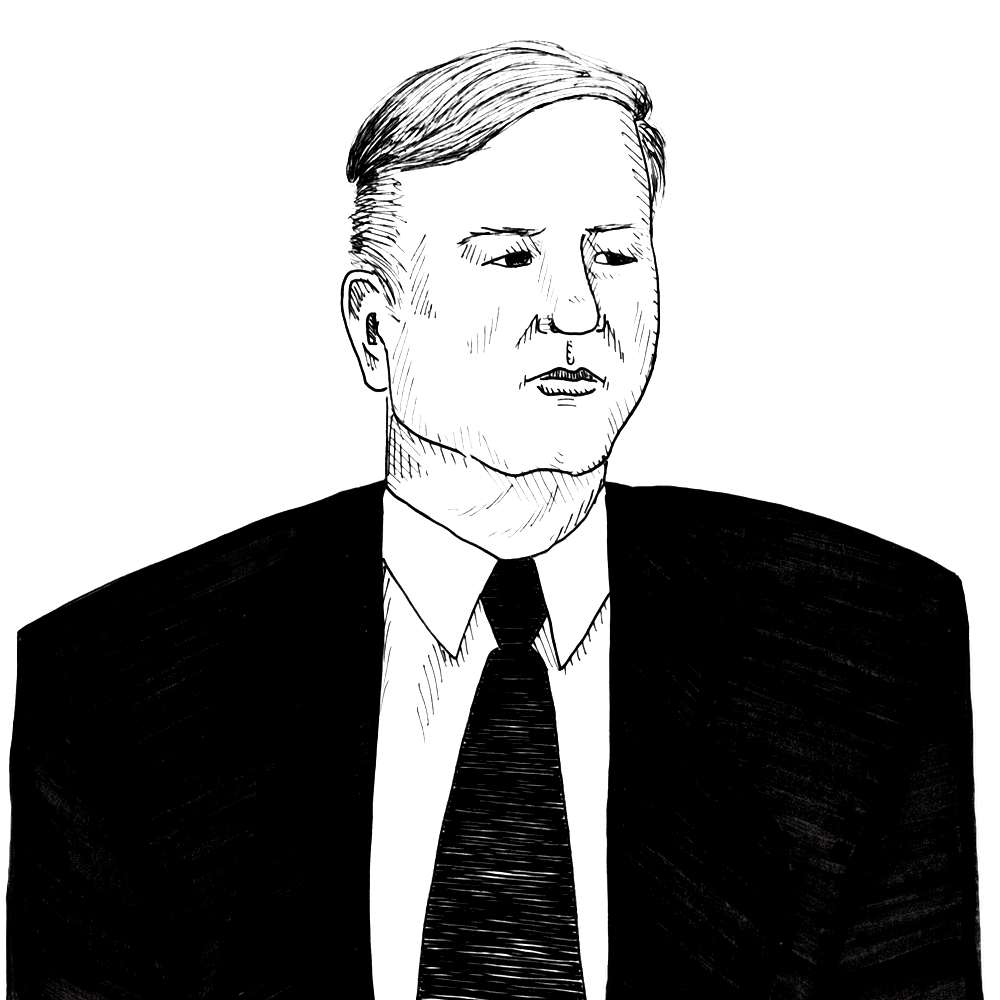
Simeon Howard on liberty as the opposition to “external force and constraint” (1773)
Found in: American Political Writing During the Founding Era: 1760-1805, vol. 1
In this sermon preached in Massachusetts in 1773 to a company of artillery soldiers Simeon Howard (1733-1804) defines what he means by “liberty” at a time when Americans in the British colonies were increasingly seeing the British as violators of their liberty. He defines this key word in very Lockean terms as the opposition to “external force and constraint” by other men:
Liberty
Though this word is used in various senses, I mean by it here, only that liberty which is opposed to external force and constraint, and to such force and constraint only, as we may suffer from men. Under the term liberty, taken in this sense, may naturally be comprehended all those advantages which are liable to be destroyed by the art or power of men; every thing that is opposed to temporal slavery.
This liberty has always been accounted one of the greatest natural blessings which mankind can enjoy. Accordingly, the benevolent and impartial Father of the human race, has given to all men a right, and to all naturally an equal right to this blessing.